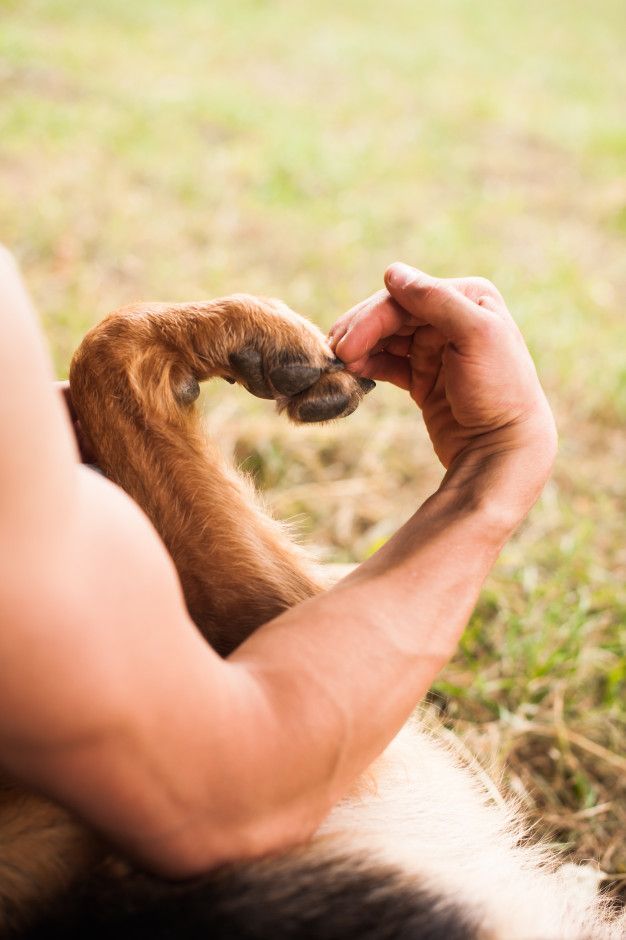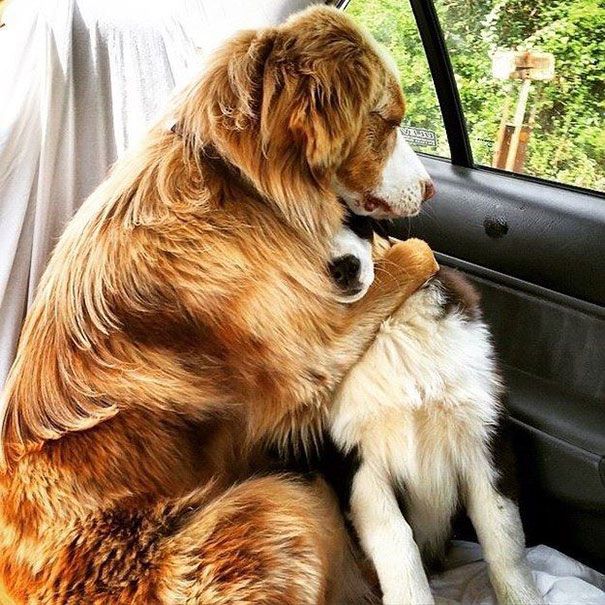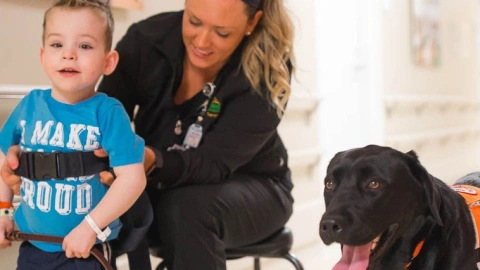Dog / Detail
A Dog's Devoted Quest: The Unwavering Search for Home
Jonathan Bennet | 26 October 2024 | 18:10
Dogs have long been celebrated for their loyalty and unwavering devotion to their human companions. Countless stories have emerged of dogs who have remained steadfast in their search for their owners, even in the face of immense challenges and the passage of time.
Their remarkable ability to navigate vast distances, recall familiar scents, and overcome seemingly insurmountable obstacles is a testament to the extraordinary power of their instincts and the depth of their emotional bond with their humans.

The stories of dogs who have remained steadfast in their search for their owners are a testament to the extraordinary power of their instincts and the depth of their emotional bond with their humans. Their unwavering determination, resilience, and unwavering hope are a source of inspiration and wonder.
As we continue to learn more about the psychology of canine loyalty and the remarkable abilities of these amazing animals, we can only marvel at the strength of their bond with their humans and the lengths they will go to to be reunited with their loved ones.
The Psychology of Canine Loyalty
The enduring loyalty that dogs exhibit towards their owners can be attributed to a complex interplay of biological, psychological, and social factors. At a biological level, dogs are social animals that have evolved to form strong bonds with others within their pack. This innate tendency has been shaped by natural selection, as dogs that were able to cooperate and rely on each other were more likely to survive and reproduce.
In addition to their biological predisposition for social bonding, dogs also form strong emotional attachments to their humans. These attachments are based on a variety of factors, including mutual grooming, play, and shared experiences. When a dog forms a strong emotional bond with its owner, it becomes deeply invested in the relationship and is motivated to maintain it, even in the face of adversity.
Furthermore, dogs have a remarkable ability to learn and remember information. They are able to associate specific cues with rewards or punishments, and they can also remember the faces and scents of their loved ones. This ability to learn and remember is essential for dogs to navigate their environment and to maintain their relationships with their humans.

The Power of Memory and Scent
One of the most remarkable aspects of a dog's ability to find its way home is its reliance on memory and scent. Dogs have an exceptional sense of smell that is far superior to that of humans. They are able to detect and remember a wide range of scents, including those of their owners, their homes, and their familiar environments.
When a dog is separated from its owner, it can use its sense of smell to track down its scent and follow it home. Even after years of separation, dogs have been known to remember the scent of their owners and to use it to guide them back to their homes.
In addition to their sense of smell, dogs also rely on their memory to navigate their environment. They are able to remember landmarks, routes, and other familiar features of their surroundings. This ability to remember and recall information is essential for dogs to find their way home, even when they are lost or displaced.
Overcoming Obstacles and Enduring Hardship
The journey home can be fraught with challenges and dangers. Dogs may face harsh weather conditions, lack of food and water, and encounters with unfamiliar animals or people. Despite these obstacles, many dogs persevere in their search for their owners, driven by an unwavering determination and an unyielding hope.
Stories abound of dogs who have traveled hundreds or even thousands of miles to find their way home. Some have crossed rivers, mountains, and deserts, enduring extreme hardship and facing countless dangers along the way. Their resilience and determination are a testament to the extraordinary power of their instincts and the depth of their emotional bond with their humans.

The Psychological Impact of Separation
Separation from a beloved owner can be a traumatic experience for a dog. Dogs are social animals that crave companionship and affection. When they are separated from their humans, they may experience feelings of loneliness, anxiety, and depression. These emotional states can have a significant impact on a dog's behavior and well-being.
Dogs that are separated from their owners may exhibit a variety of behavioral problems, including pacing, whining, barking, and destructive behavior. They may also become withdrawn or lethargic. In some cases, separation anxiety can lead to serious health problems, such as gastrointestinal upset or skin allergies.
The Importance of Reunification

For dogs that have been separated from their owners, reunion can be a joyous and life-changing event. When a dog is reunited with its owner, it is often greeted with overwhelming affection and relief. This emotional reunion can have a profound impact on both the dog and the owner, healing old wounds and strengthening their bond.
Reunification can also have a positive impact on a dog's mental and emotional health. When a dog is reunited with its owner, it is able to experience the love, companionship, and security that it craves. This can help to alleviate feelings of loneliness, anxiety, and depression, and can improve a dog's overall well-being.
Related
-

The Healing Power of Dogs: How Canine Therapy is Revolutionizing Mental Health and Boosting Positive Energy in Humans
Dog14 November 2024
-

A Pawsitive History: Dogs of Nuremberg
Dog09 November 2024
-

The Role of Oxytocin in the Human-Dog Bond: The Science Behind Our Deep Connection
Dog06 November 2024
-

Beyond the Beach: Jamaica's Dog Lovers
Dog29 October 2024
-

A Dog's Delights: Homemade Snacks for Our Furry Babies, Recipes Included!
Dog29 October 2024
-

A Dog's Disorientation: Understanding Your Dogs' Wanderlust
Dog29 October 2024
Popular
-

-

A Pawsitive History: Dogs of Nuremberg
09 November 2024 -

-

Beyond the Beach: Jamaica's Dog Lovers
29 October 2024 -
